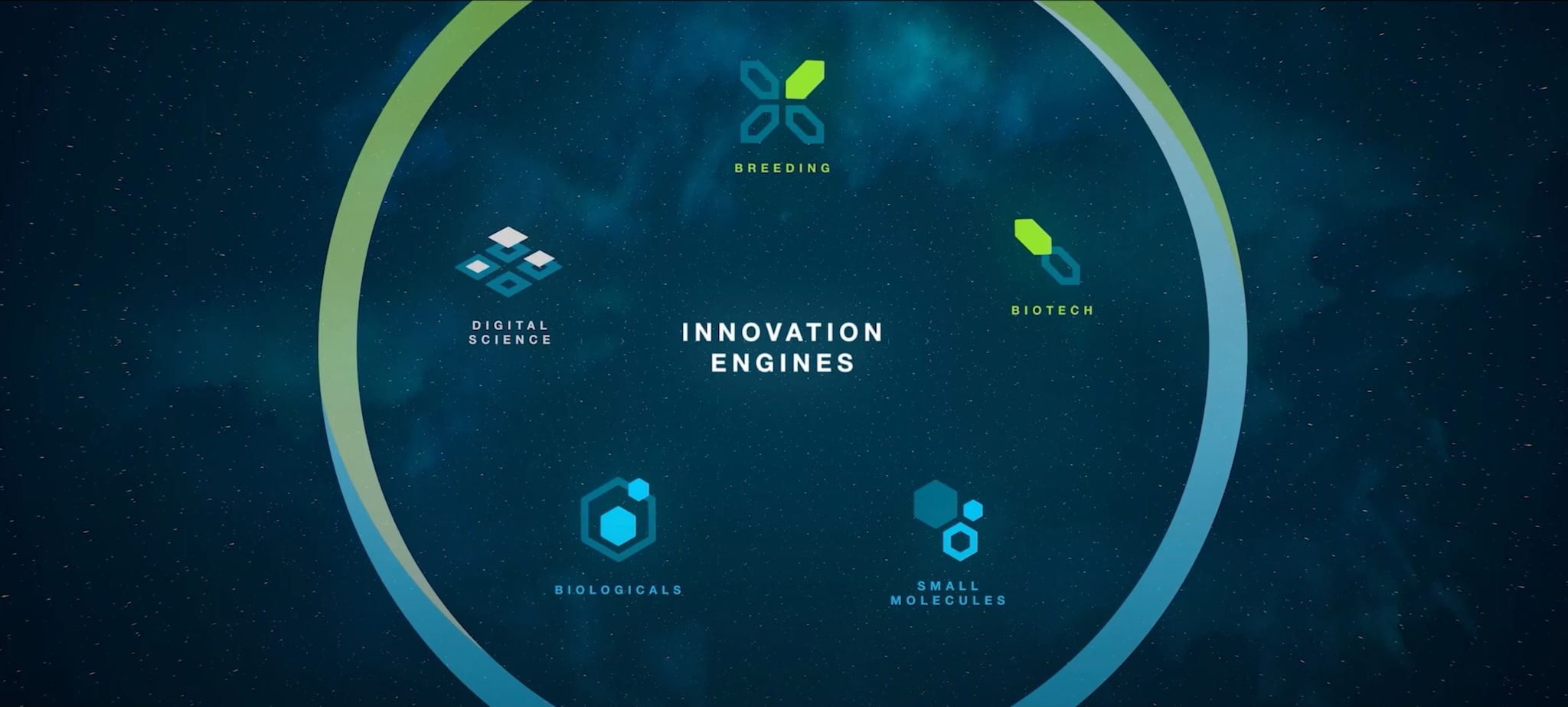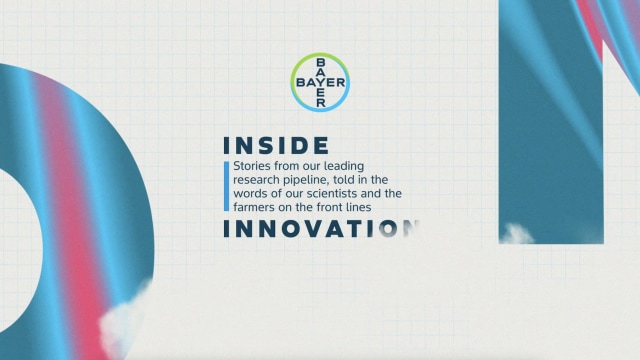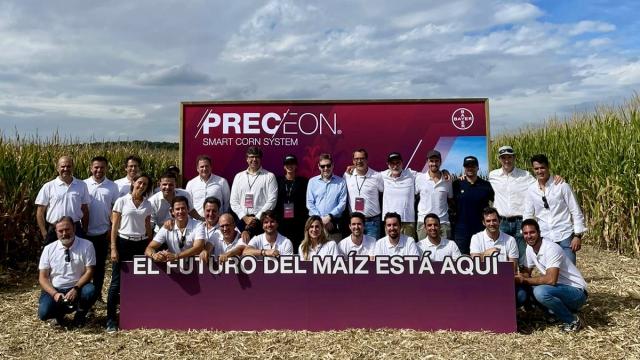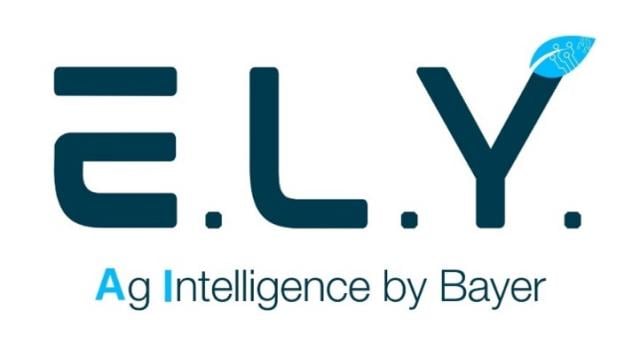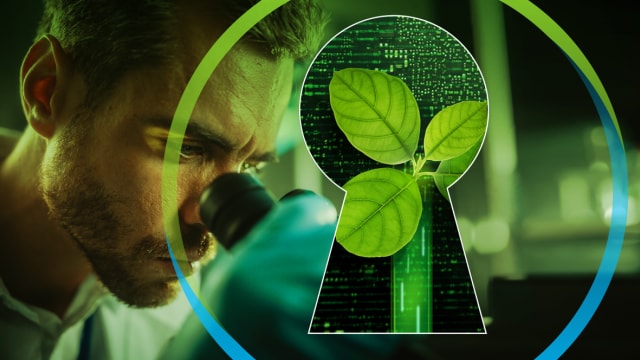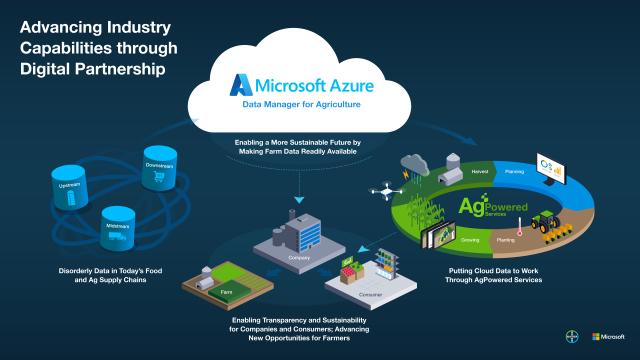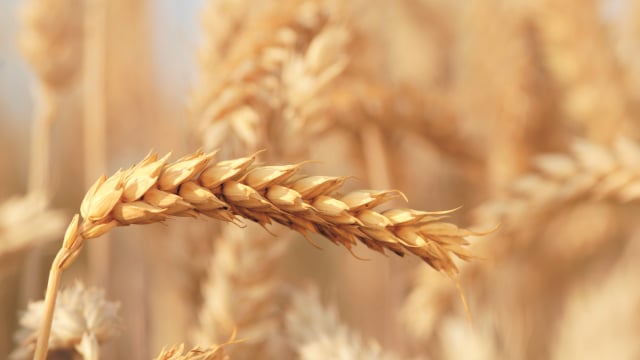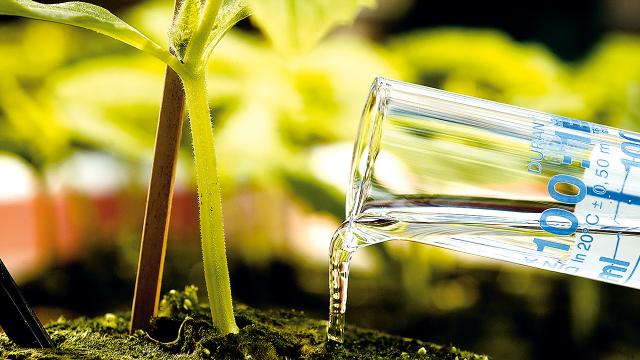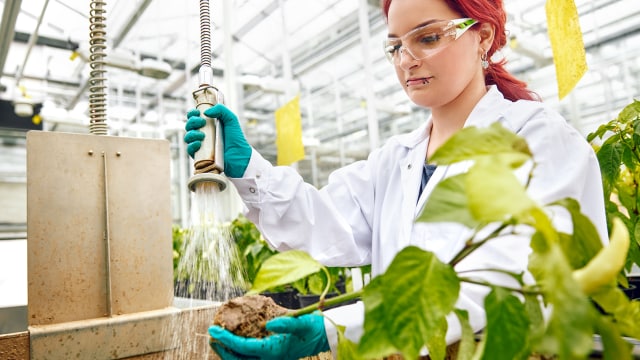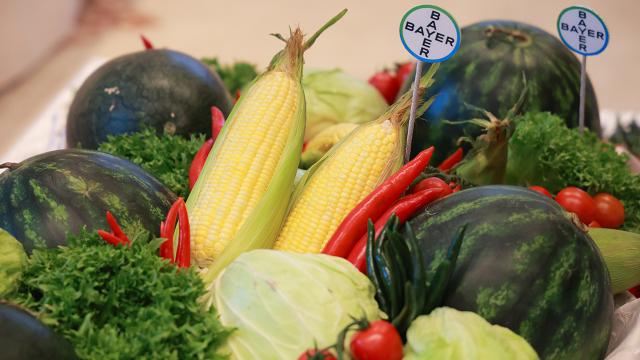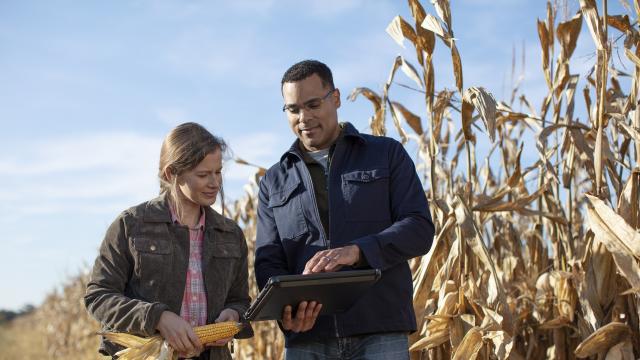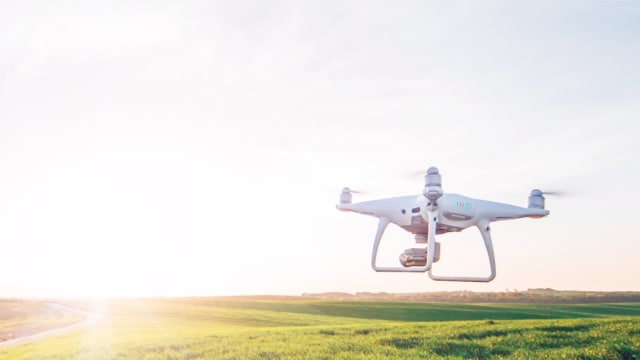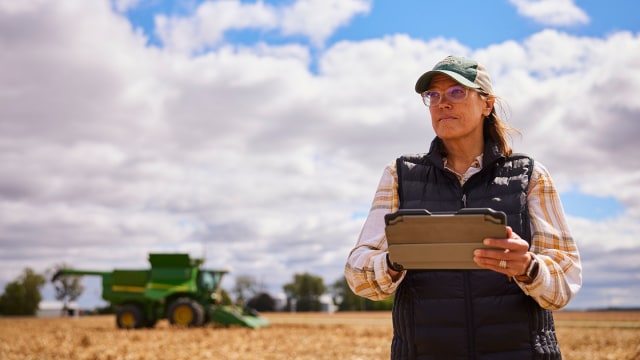Advances in Agriculture
Innovation Pipeline /// Farms of the Future /// Related Videos
Produce More. Restore Nature. Scale Regenerative Agriculture. That's our vision for the future of farming. At Bayer, we’re working together with a growing number of farmers and partners to make that future a reality – a future where farming produces more and restores more at the same time.
Innovations to Help Farmers Grow Enough for a Growing World
The world’s food systems face enormous challenges including a changing climate, a decline in biodiversity, limited natural resources, global crisis, and a growing population – leading to an increase in global hunger.
Click on the image hot spots below to explore more about the innovation engines that power our advances in agriculture.
Through Bayer’s global breeding program, we are driving benefits like increased yield and improved nutritional quality to consumers by designing seeds that are more resilient for an ever-changing climate. These benefits are foundational to support regenerative agriculture practices and give farmers the tools to produce more with less.
Bayer Crop Science is the undisputed leader of plant biotechnology. Over the last 27 years we have launched more than 65 biotech traits – more than any other company – enabling farmers to grow crops like corn, soybeans, cotton, and canola with game-changing capabilities on around 300 million acres annually.
Bayer Crop Science is a leader in global crop protection, a position we have earned by innovating new options that help growers address pest, disease, and weed challenges, and by driving our leading crop protection portfolio to sales of more than 13 billion euros in 2022.
Not long-ago biological options were thought of only as microbials, but the reality is that the biologicals industry is expanding rapidly in many different directions. This includes new kinds of nature-derived biocontrol and biostimulant solutions like pheromone products, botanicals and plant extracts, and even synthetic biology. Biologicals offer paths to new solutions, such as using synthetic biology to bring nitrogen fixing microbes to corn, wheat, or rice – food security crops that do not currently fix nitrogen from the air, but one day could.
Digital tools and data have been transforming agriculture decades. The early promise of analytics and software tools in labs and greenhouses helped us to find genetic markers hidden among millions of bytes of data. Then new and effective digital tools moved on farm with FieldView, and we developed new ways for growers to make decisions about their farm armed with data far beyond what the eye can see.
